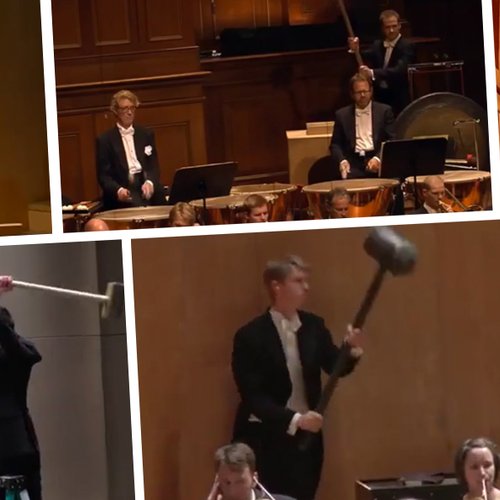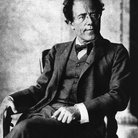Gustav Mahler: Symphony No.1 in D (‘Titan’)
Composing at the end of the Romantic era, as Mahler found himself doing, must have been something of a challenge. Many classical conventions had not just been questioned, but had been completely overthrown.
Composers’ emotions had been expressed in music in the most heartfelt of ways and everyone from Beethoven to Berlioz, via Brahms and Bizet, had composed masterpieces. So, along comes Mahler, inevitably a product of his day, but also a composer who was determined to break new ground. How did he do it? By applying a whole new meaning to the word ‘orchestra’.
Despite the changes that had already occurred to orchestras in terms of the music they played, very few composers were yet to tamper with how this group of musicians was actually constructed. Mahler, however, decided to challenge the status quo. He called for a much larger orchestra than would have been expected. Orchestral sections were introduced, extra players were added, and the result was a symphony that very much lives up to its nickname.
Composed when Mahler was twenty-eight, Titan exudes youthful exuberance and joy, though it then gives way to melancholy and introspection. The composer was ultimately to shape the history of the symphony – and the clues to his long-term intentions were there for all to see in his first attempt at the genre.
Recommended Recording
Tonhalle Orchestra, Zurich; David Zinman (conductor). RCA: 82876 871562.















